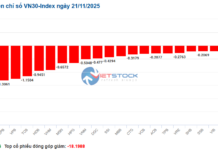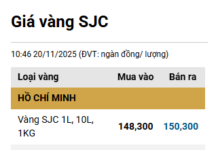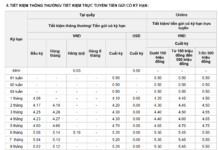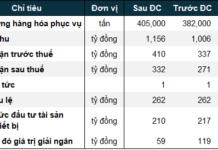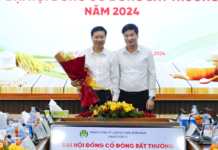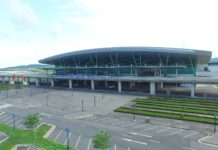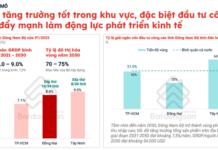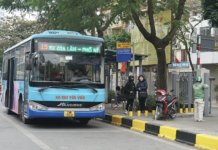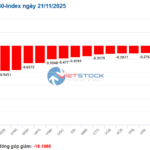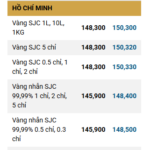The Ministry of Justice has just announced the appraisal dossier for the draft Decision of the Prime Minister regulating the roadmap for the application of national technical regulations on vehicle emissions for road traffic.
If this draft is approved, Decision No. 16/2019/QD-TTg dated March 28, 2019, of the Prime Minister regulating the roadmap for the application of emission standards for road traffic automobiles and used imported automobiles will be annulled.
At the same time, automobiles that have been granted a certificate of technical inspection and environmental protection that is still valid will be allowed to continue circulating until the next registration period, and only then will they have to comply with the emission roadmap stipulated in this Decision.
The draft proposes a new roadmap for the application of national technical regulations on automobile emissions in road traffic, prioritizing its implementation in areas with a high risk of air pollution such as Hanoi and Ho Chi Minh City.
Specifically, for automobiles manufactured before 1999, Level 1 will be applied from the effective date of this Decision. For automobiles manufactured from 1999, Level 2 will be applied from the effective date of this Decision. As for automobiles manufactured from 2017, Level 3 will be applied from January 1, 2026.
Particularly for automobiles in traffic in Hanoi and Ho Chi Minh City manufactured from 2017, Level 4 will be applied from January 1, 2027.
For automobiles manufactured from 2022, Level 4 will be applied from January 1, 2026, and Level 5 from January 1, 2030.
As for automobiles in traffic in Hanoi and Ho Chi Minh City manufactured from 2022, Level 5 will be applied from January 1, 2028.
From January 1, 2030, automobiles in traffic in Hanoi and Ho Chi Minh City must meet emission standards from Level 2 onwards.
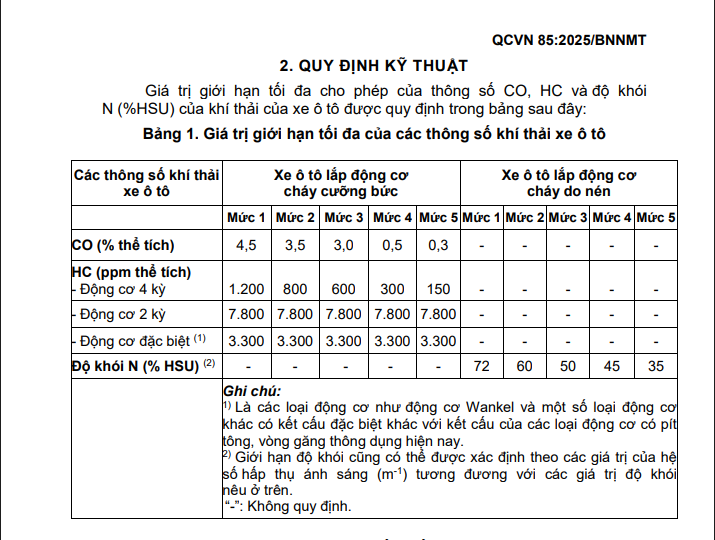
National technical regulations on vehicle emissions for road traffic. (Screenshot)
The Ministry of Agriculture and Environment stated that air pollution in Vietnam, especially in major cities like Hanoi and Ho Chi Minh City, is on the rise.
Pollution from fine dust, especially PM2.5, is considered the most serious issue today. One of the main causes is the large number of motor vehicles in circulation, including many old vehicles that no longer meet emission standards and age limits.
The development of a roadmap for the application of national technical regulations on emissions for automobiles in traffic aims to control and reduce emissions, thereby contributing to protecting community health and improving the quality of the living environment.
At the same time, these regulations also provide a legal basis for gradually eliminating substandard vehicles, encouraging people to switch to using environmentally friendly and clean vehicles.
This roadmap is not only significant domestically but also helps Vietnam fulfill its international commitments on reducing greenhouse gas emissions and responding to climate change, while supporting the development of urban transportation towards sustainability and modernity.
This is considered a necessary step towards building a green transportation system and developing a civilized urban area in the future.
“Carbon Credits: Refining Standards to Unlock Forest Development Opportunities”
Following COP21, the Prime Minister directed the Ministry of Agriculture and Rural Development, along with other relevant ministries, to initiate tasks in line with the new agreement. Notably, this includes a commitment to contribute 100% of carbon credits towards the nationally determined contributions (NDCs). For the period 2021–2025, Vietnam aims to generate 25 million carbon credits, a significant step towards a sustainable future.
The Green Port Transition: Sailing Towards Sustainability
Vietnam is lagging behind in the green transition, and there’s a lot of ground to cover. The issue at hand is the need to accelerate this process; otherwise, the country risks missing out on development opportunities and even falling behind as no “green ship” wants to dock at a “non-green port.”
The Greatest Minds to Gather in Vietnam for VinFuture 2024
The VinFuture Science & Technology Week and Award Ceremony 2024 will take place in Hanoi from December 4th to 7th, 2024.

